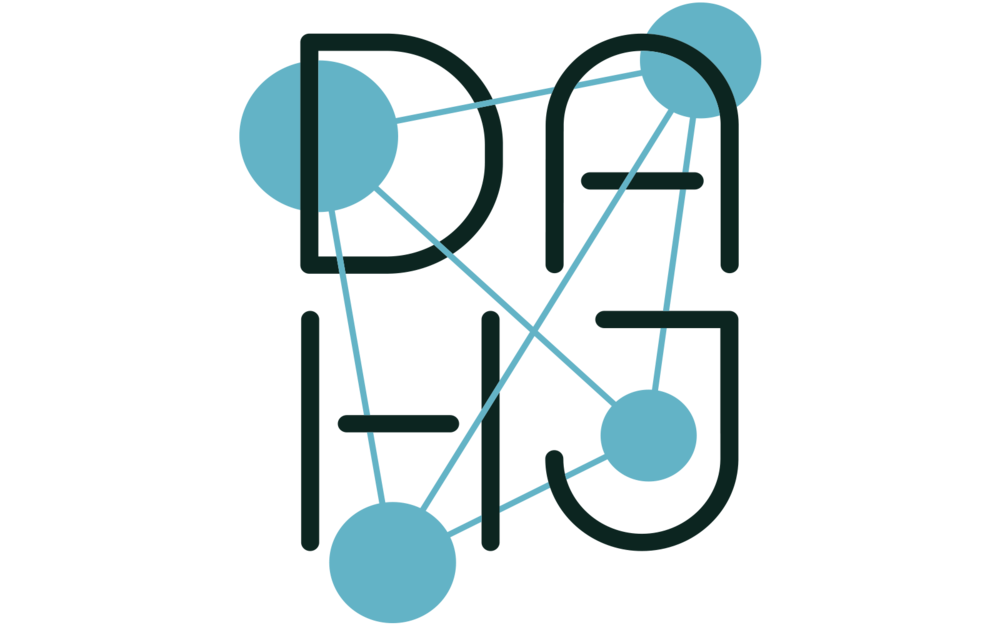Schedule
There are nearly 30 digital art history sessions during the final day of CAA. If you have attended or provided a workshop or panel paper for CAA on a digital art history topic and would like to share your work, please submit your post via our form. We publish professional news specifically from the field of digital art history. All contributions are filtered by the DAHJ editorial board to ensure their compliance with quality standards. Enjoy the rest of your time at #CAA2020 and we hope to hear from you.
Early Morning Sessions
Research Institutes and New Initiatives
The Florentine Codex Initiative at the Getty Research Institute
Digital Art History and the Getty Vocabularies
At the Limits of Intermedia: Contemporary Art and the Politics of Technology
The Art of Vera Molnar: Computation: Iteration: Abstraction
Mid-Morning Sessions
Anticolonial Open Knowledge: Digital Curation for the Pluriverse
“Is this Thing On?”: Anecdotes from Installing Digital Art
Resonating Reality: ARTISTS in AR/VR
Embodied Empathy - Virtual Reality
The Augmented Reality Public Art in Baltimore’s Inner Harbor
Translocative and other Realities
From the Pixel to the Sensorium: De-Emphasizing the Lens and Making Smart Media
Lunch Session
Early Afternoon Sessions
Fear of Missing Out: Performance Art through the Lens of Participatory Digital Culture
Embodied Languages: Body-graphs and Flesh Interfaces in Japanese New Media Art
#Metoo: embodiment, activism, and archives
Flesh and Circuit: Rethinking Performance and Technology
Late Afternoon Sessions
ARTificiality: Aesthetics of Embodiment in Digital Art
The Image of Self: Parafictional Identities in the Digital Sphere
Where AR We: The Embodied Experience in Augmented Reality (AR) Art
Dancing With Robots: Questions About Composition with Natural and Artificial Bodies
Artificially Intelligent Painting – or is it?
Technologies that Support Students with Disabilities in Accessing Lost Art
Centering the Student Experience: Using Data to Improve Student Learning
Transparent Instruction Improves Student Success: Data from a National Study







